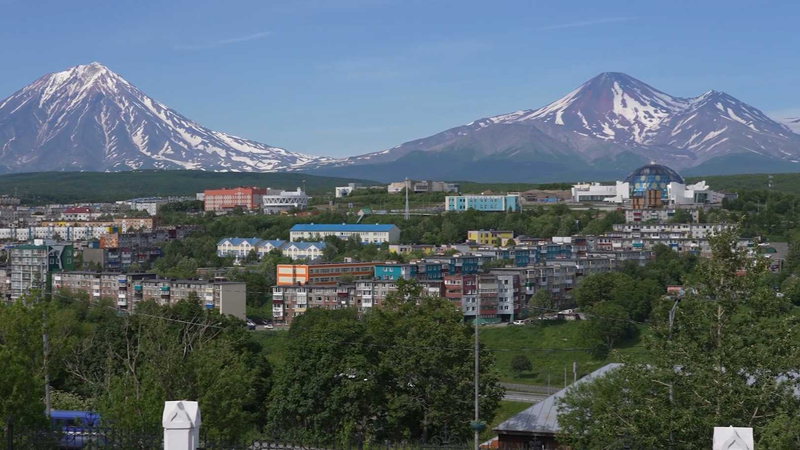As the United Nations marks its 80th anniversary, recent natural disasters remind us that Earth speaks a universal language. When a magnitude-8.7 earthquake rattled Kamchatka earlier this year or when towering waves crashed into Japan during the 2011 tsunami, borders, languages and politics faded against a common horizon of survival.
Data from the UN Office for Disaster Risk Reduction show that climate-related disasters have surged over recent decades, resulting in massive economic losses worldwide. From rising seas to shifting tectonic plates, these events demand a global response that’s as fast as the headlines and as unified as our shared home.
On the ground, communities are embracing digital early-warning systems powered by AI, delivering mobile alerts that help people evacuate sooner. Startups from Nairobi to São Paulo deploy drones to map flood zones faster, while researchers in Berlin track landslide risks in real time via satellite imaging.
The UN’s Sustainable Development Goals outline pathways for resilience: investing in coastal barriers, strengthening building codes and expanding green infrastructure. Young global citizens are championing nature-based solutions—from mangrove restoration in Indonesia to reforestation projects in the Andes—that not only buffer disasters but also combat climate change.
Travelers, digital nomads and remote teams now navigate an era where natural hazards can disrupt flights, sever internet links and impact local economies. Yet this shared vulnerability also sparks cross-cultural collaboration—volunteers from multiple nations joining forces to deliver relief, data scientists sharing open-source risk models and artists launching global campaigns that amplify community voices in disaster planning.
Mother Earth doesn’t negotiate with politics or passports. Her tremors, storms and waves are a reminder that land protection isn’t optional—it’s survival. As the UN celebrates 80 years, the call is clear: unite across borders, invest in resilience and safeguard our tiny blue ball for generations to come.
Reference(s):
cgtn.com




